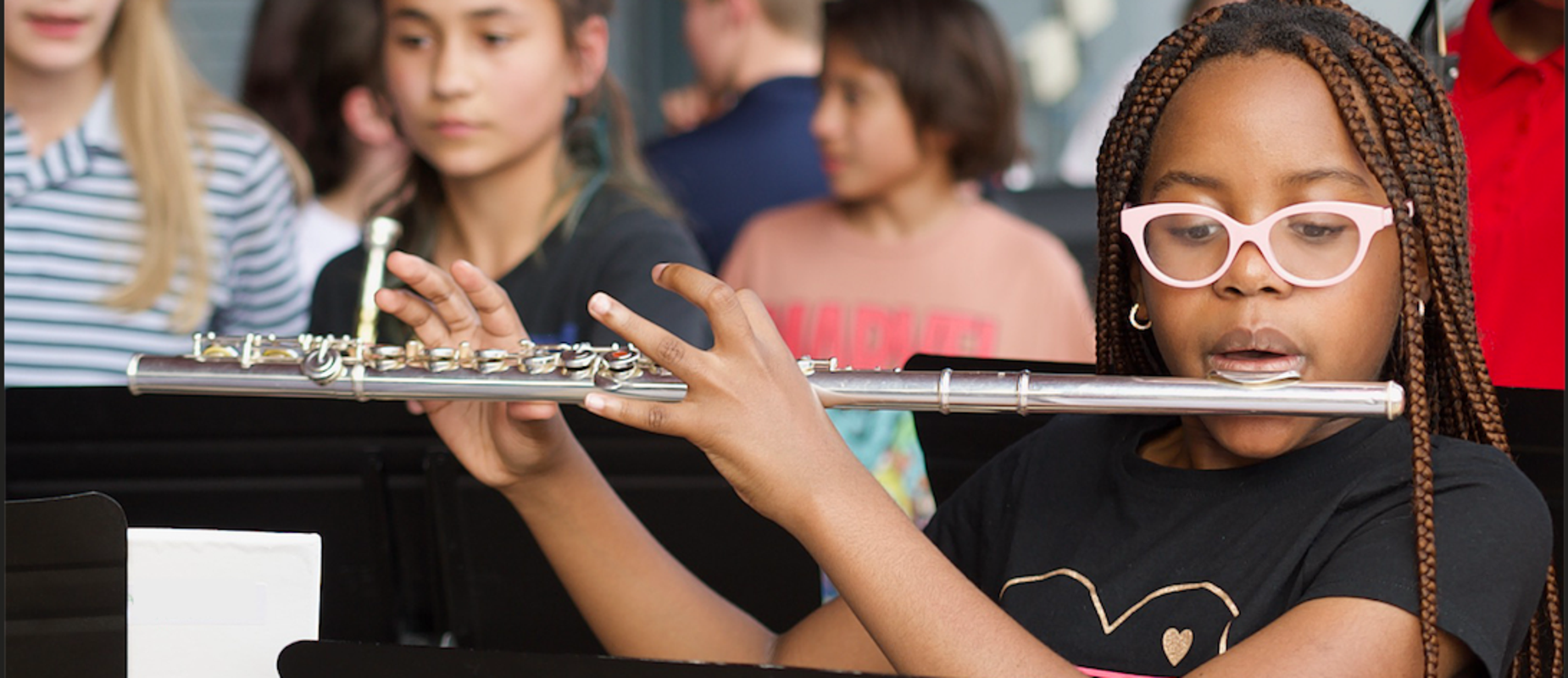Armenian Remembrance Day
April 24 is Armenian Remembrance Day, commemorating the deaths of between 500,000 to 1.5 million Armenians living in the Ottoman Empire during World War I (according to National Geographic Magazine online). Widely seen by historians as the first genocide of the 20th century, it is not labeled as such by the governments of Turkey or the United States. The proximity of Armenian Remembrance Day to Yom Hashoah (April 27-28) provide an opportunity to reflect upon the millions who died through violence and persecution during the 20th century.
Yom Hashoah
Sundown, April 27, through sundown, April 28 (2022), marks Holocaust Remembrance Day. Named “Yom Hashoah” in Hebrew, this day was established by the Israeli parliament in the 1950s, and is also recognized by the US Congress as a national Holocaust Remembrance Day. The UN established an International Holocaust Remembrance Day on January 27, the date recognized by the United Kingdom of Great Britain (United States Holocaust Museum website). Holocaust Remembrance Day commemorates the deaths of an estimated 6 million Jews and millions of others persecuted by the Nazi government of Germany.
Lailat Al-Qadr
The 27th night of Ramadan this year is Thursday, April 28 (2022). All nights of the month are important to Muslims, but one night has additional meaning: Lailat Al-Qadr, the “Night of Power.” This commemorates the night that Muslims believe the Qur’an was first revealed to the Prophet Muhammad. It falls within the last 10 days of Ramadan. The exact date of the revelation of the Qur’an is unknown, and it is observed on different dates. Though Sunnis often set Lailat al-Qadr on the 27th of Ramadan, they also may observe it on the 21st, 23rd, or 29th, and Shi’a observe it on the 19th, 21st, or 23rd of Ramadan. Muslimaid.org states that “many Muslims prefer to sacrifice sleep on this Holy day in order to immerse themselves in prayer and worship. It is believed that giving up sleep for Allah...to pray and undertake good deeds will have all previous sins forgiven.”
Asian Pacific American Heritage Month and Jewish American Heritage Month
May is Asian Pacific American Heritage month, a time to recognize the contributions to the United States of those of Asian and Pacific Island heritage. It is also Jewish American Heritage month, for the recognition of contributions to American culture and society by those of Jewish heritage.
May Day
Traditionally in Europe, May 1 was celebrated with various rites of spring, such as the gathering of flowers, dancing around maypoles bedecked with ribbons, and the crowning of a May king and queen. According to Encyclopedia Britannica online, in America, New England puritans condemned Mayday for its non-Christian origins, and so the festival never attained the importance that it had in Europe. In the late 19th and 20th century, May 1 came to be increasingly associated with organized labor and socialism. Today it is known as International Workers Day, and is a workers holiday in countries around the world—but not in the United States, whose version of this day, “Labor Day”, occurs the first Monday in September.
Eid-Al-Fitr
Ramadan ends with the “feast of fast-breaking”, or Eid-al-Fitr. This day, occurring on May 2 this year, is spent feasting and celebrating. Timeanddate.com notes that in celebration of Eid-al-Fitr Muslims often wear their finest clothes, decorate their houses, forgive old wrongs, donate to the poor, and generally dedicate the day to God.
Cinco de Mayo
In 1861, France invaded Mexico in an attempt to add it to the French overseas empire. France succeeded in installing a figurehead “Emperor” Maximilian governing Mexico, but forces loyal to the deposed Mexican President Benito Juarez continued to resist. May 5 (“Cinco de Mayo”) commemorates the date of an important battle in this resistance.
Although there are celebrations commemorating this battle in Mexico, “Cinco de Mayo” is arguably a much more important celebration in the United States, where it has become a time for Mexican-Americans to celebrate their cultural pride and heritage.
Mothers Day
This Sunday, May 8, is Mothers Day. The tradition of honoring our mothers has deep roots. In western civilization, observances honoring mothers can be traced back to the Greeks and Romans. In Britain, the fourth Sunday of Lent is known as “Mothering Sunday”, and has been celebrated at least since the 17th century. According to Legacyproject.org, Julia Ward Howe, “a pacifist, suffragist, and author of the words to the Battle Hymn of the Republic” suggested a Mothers Day in the United States back in 1872. Disturbed by the wars of her time, she asked “Why do not the mothers of mankind interfere in these matters to prevent the waste of that human life of which they alone bear and know the cost?"
Mothers Day as we celebrate it today had its beginnings in the early 20th century, when Anna Jarvis campaigned for a national Mothers Day on the second Sunday in May. She was successful in her campaign, but in 1923 she filed a lawsuit trying to stop a Mother’s Day festival, arguing that she “wanted a day of sentiment, not of profit.”
So let’s have a sincere, sentimental Mother’s Day this weekend!
Vesak
Wesak, Vesak, or the Buddha’s birthday is celebrated by Buddhists around the world. Lunar calendars differ, so though May 16 (2022) is commemorated as Wesak by many, it is celebrated in April in China, Japan, and Korea. BBC.com notes that Buddhists often visit temples on this day, offering prayers and gifts of candles, flowers and food to monks. Statues of the Buddha are often ritually bathed to remind believers to cleanse their own minds of “greed, hatred, and ignorance.” In Indonesia and Thailand, Wesak lanterns of paper and wood are crafted, and in Thailand caged birds are often released as a symbol of spiritual liberation.
World Day for Cultural Diversity
May 21 is the World Day for Cultural Diversity. First established by the United Nations in 2002, the UN website notes that “this day provides us with an opportunity to deepen our understanding of the values of cultural diversity and to advance the four goals of the UNESCO Convention on the Protection and Promotion of the Diversity of Cultural Expressions.” For more information on both this day and these goals, see https://www.un.org/en/observances/cultural-diversity-day.
Declaration of the Báb
Beginning the evening of Sunday, May 22, through the day of Monday, May 23 (2022), is when followers of the Bahá’í faith celebrate the “Declaration of the Báb”.
According to Bahá’í Topics, in 1844 a Persian merchant foretold the coming of a divine messenger. Because of his role in foretelling the divine messenger, the merchant took the Arabic title of “Báb”, meaning “gate” or “door”. This messenger of whom he spoke would be the Bahá’u'lláh, the central prophet of the Bahá’í faith.





